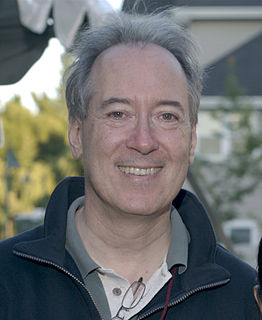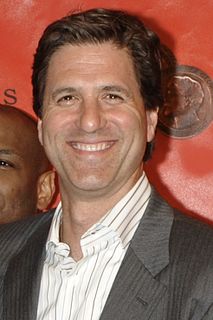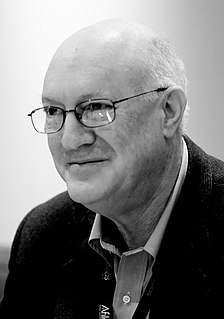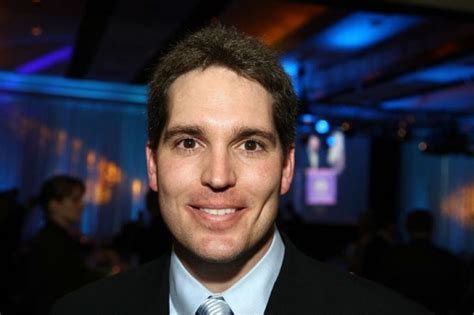A Quote by Dan Gillmor
We are moving rapidly from an era of an oligopoly of content providers to an oligopoly of content controllers: new choke points. This is not media consolidation in the traditional sense, where a few huge conglomerates used economies of scale to dominate journalism by dominating the local and national agendas. This consolidation, to a very few companies plus increasing government intervention, is even more dangerous - and information providers of all kinds are finally starting to grasp what’s happening.
Quote Topics
Agendas
All Kinds
Choke
Companies
Consolidation
Content
Controllers
Dangerous
Dominate
Dominating
Economies
Era
Even
Few
Finally
Government
Government Intervention
Grasp
Happening
Huge
Increasing
Information
Intervention
Journalism
Kinds
Local
Media
More
Moving
National
New
Oligopoly
Plus
Points
Providers
Rapidly
Scale
Sense
Starting
Traditional
Used
Very
Related Quotes
We're now moving toward a radically different economy. You absolutely can't have a distribution oligopoly. The new oligopolies - and I think there will be new oligopolies - will be oligopolies of trustworthiness. Microsoft, Amazon, Schwab, and other brands will dominate psychic space, not shelf space.
What makes the Amazon-Whole Foods deal so problematic is that they are going into an industry with large infrastructure, brick-and-mortar cost, and seeking to build consolidation where we already suffer from consolidation. It's not like Walmarts and Targets have been good for wages or local grocery stores or niche producers.
I've talked about how the future of journalism will be a hybrid future where traditional media players embrace the ways of new media (including transparency, interactivity, and immediacy) and new media companies adopt the best practices of old media (including fairness, accuracy, and high-impact investigative journalism).
During its retransmission dispute, CBS pulled its signal off of certain cable TV systems - and also blocked all Time Warner broadband customers from accessing CBS's Web-based content, even outside the territory of dispute. This is precisely the kind of content-blocking broadband providers are so often accused of but aren't actually doing.
If there were no controls on the internet - and I shudder to think at letting certain people have control of it. It is content related. Ultimately what they want to control and police is the content. They're liberals! They want to eliminate opposing points of view. They do it with political correctness, which is censorship. They do it in the Drive-By Media by simply ignoring all kinds of news that is not palatable or it conflicts with their worldview, they just ignore it and don't even cover it. It's inarguable.






































